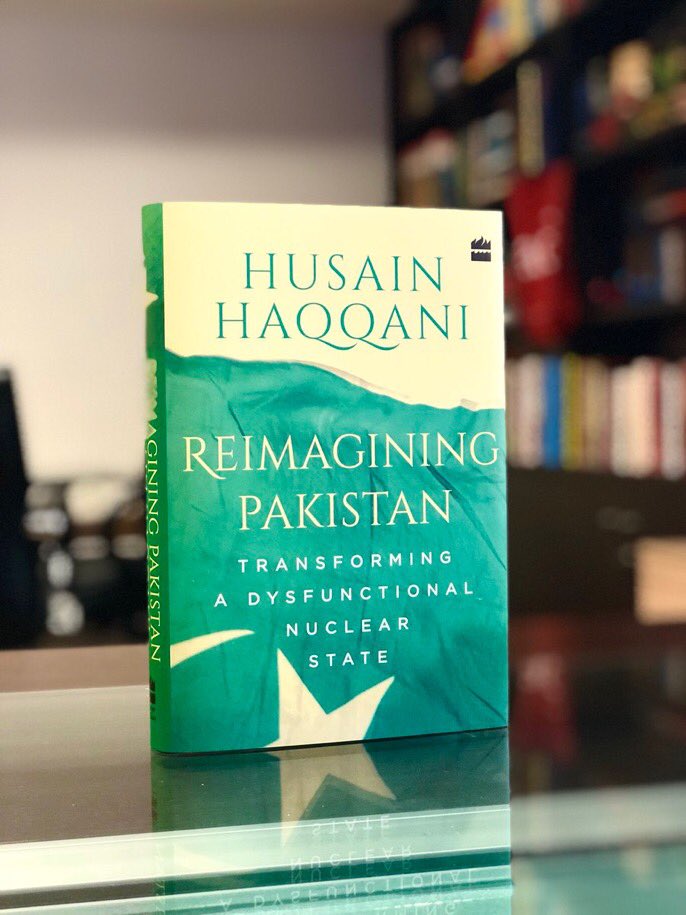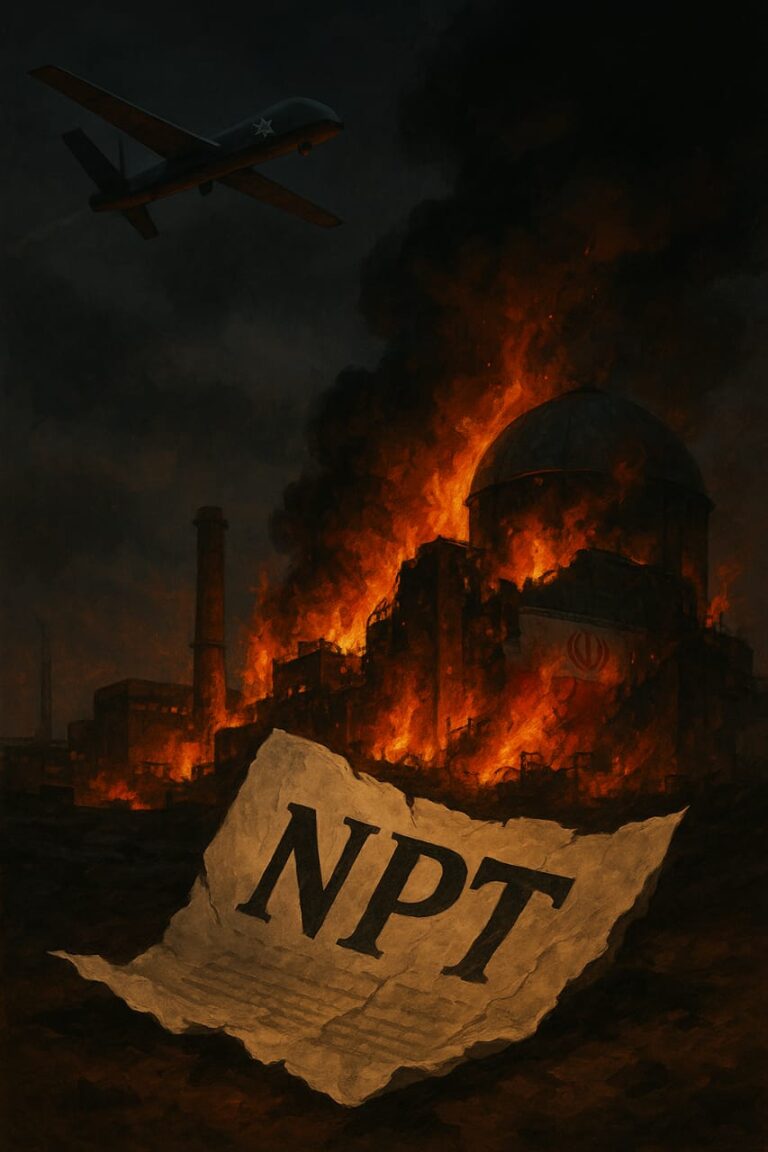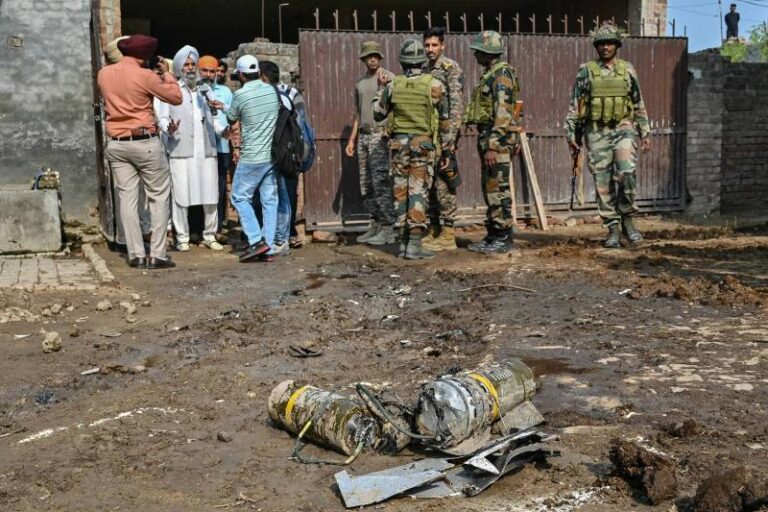
Author: Husain Haqqani
ISBN:978-9352777693
Publisher: HarperCollins India, 2018
Saeed Afridi
The premise of Husain Haqqani’s latest book “Re-imagining Pakistan: Transforming a Dysfunctional Nuclear State” is that Pakistan is an ill-defined, inexactly contrived, economically unviable and geographically feeble construct held together through paranoia, conspiracies, extremism, rent-seeking and militarised brutality, destined to disintegrate. Rather than an exercise in substantive academic debate, this book should be recognised as a commercially astute venture that serves to satiate the prevailing atmosphere in its key target markets, the United States and India – a book written to sell.
The book excels in identifying the missteps, misconceptions, skewed-self-image, misplaced development priorities and lack of economic planning that dominate Pakistan’s political discourse, torn apart by prejudiced anecdotal narratives that extoll or criticise preferred entities. The book rightly summarises Pakistan’s democratic debate as a generalised tug of war between shallow fundamentalisms masked as victimisations. Democrats masquerading as victims of a propagandised militarism, not as superficial adherents to democratic form yet devoid of democratic substance. Militarists camouflaged as maligned stalwarts fighting an existential battle against the intellectual slavery of insincere democrats, not as avaricious Bonapartists. Religionists veiled as the righteous guardians of Pakistan’s ethical soul against the forces of Westernisation masked as modernisation, not as zealot traditionalists. Pakistan’s paranoid agora echoes of conspiracies and counter-conspiracies that need no factual evidence; conspiracy-narratives never do. The result is that Pakistan’s discourse is largely devoid of any concerted efforts towards state-building or efficient resource utilisation. The book captures this sense of conspiratorial victimhood and the incestuous opportunist collaboration among these rent-seeking groups, with and against one another, almost to the tee.
Sadly, that is where it stops. Despite its length and repetitions, it presents no remedial mechanism. There is no concerted effort to present a course that would set the prevalent ill-conceived self-image of victimhood on a path towards cooperative self-correction. Instead it plays on the idiocies forwarded by all these groups and presents Pakistan as a collection of their propagated insecurities. Without presenting any curative ideas, let alone mechanisms, the book alludes to an equally fanciful orientalist reversion that Pakistan’s ills would disappear if it agreed to undo the original sin: its creation.
The book does disingenuously catalogue almost all the reasons why Pakistan needs to be re-imagined, but, despite its title, does not re-imagine Pakistan. It presents the litany of fundamental problems the state suffers from, while alluding to, but never explicitly stating, a deliverance that would see the country crawl back into the womb from which it was supposedly begotten.
Haqqani’s view of Pakistan mirrors Charles Inglis’ view of the newly formed America to the point that if sections of Inglis’ pamphlets suffered rudimentary editing they would not be misplaced in this book. Rather than building upon its idiosyncratic contradictions to forge a new, constructive nation, Inglis was nostalgic for a refined colonial construct firmly within the fold of the ‘mother country’. American unwillingness to do so was the precursor to the subsequent barbarism, bloodshed, militarism and contrived national identity reinforced through expansionism and falsified rhetoric. Inglis’ idea was to see an America which was nominally independent but firmly British. Haqqani’s Pakistan is no different.
Much like Inglis’ audience was not the Americans at large but the Colonial British, their American loyalists and the dominant Eurocentric world, Haqqani’s audience is not Pakistanis at large, but Indians, fellow compatriots who still see Pakistan through a colonial lens and the America-centric world. The Indian ‘mother land’ aspired to here is a benign economic giant, sanitised to gloss over the emerging social and communal powder-keg; a modernised image of the colony it once was, not the state it subsequently became.
The writing style employed is repetitive reinforcement of a predetermined conclusion, made apparent almost at the outset. What follows are thousands of words interjected spasmodically by hundreds of diverse references and quotations providing a veneer of scholarship but adding little substance to investigating the hypothesis; feigning academic scholarship through profuse citation. It is a style favoured by public relations and campaign managers, where excessive name dropping & uncontextualised contradictory snippets become much more important than substance while selective generalisations, presented as facts supporting the preconceived message, substitute robust and nuanced argument. The book also indulges in a seemingly endemic problem among most Pakistani public intellectuals; the viewing, describing and extrapolating of history through subjective anecdotes without employing a systemic study of history.
This book is a must-read for all in Pakistan and ought to be taught and discussed in the country’s academic institutions.
Pakistan’s discourse is witnessing a generational shift spearheaded by its increasingly self-aware, though as yet intellectually rudderless, younger generations. Both the product and the object of an increasingly connected world, they display a marked unwillingness to accept disingenuous narratives presented in sanitised form. In most cultures, such a development provides the building blocks for a complex social discourse which leads to the emergence of a heterogeneously evolved self-image and identity. It is important to ensure that they are acutely familiar with this book as a continuing attempt at reinforcing colonial intellectual shackles that are Pakistani in façade but not in nomenclature. It is perhaps the best example of postcolonial discourse appropriation and probably the last; a true swansong for Macaulayism in Pakistan.
The book can thus be summarised in one long sentence:
An epidermal effort to justify, through a collection of references and anecdotes, the premise that paranoia ridden Pakistan, destined for Balkanisation, should not exist as a state outside the borders of post-colonial India, titled not as a reversion but a re-imagining.
This is a book written ‘for’ an India that no longer exists and ‘about’ a Pakistan that never existed.
Saeed Afridi is an Energy Security Researcher, University of Westminster, UK.




